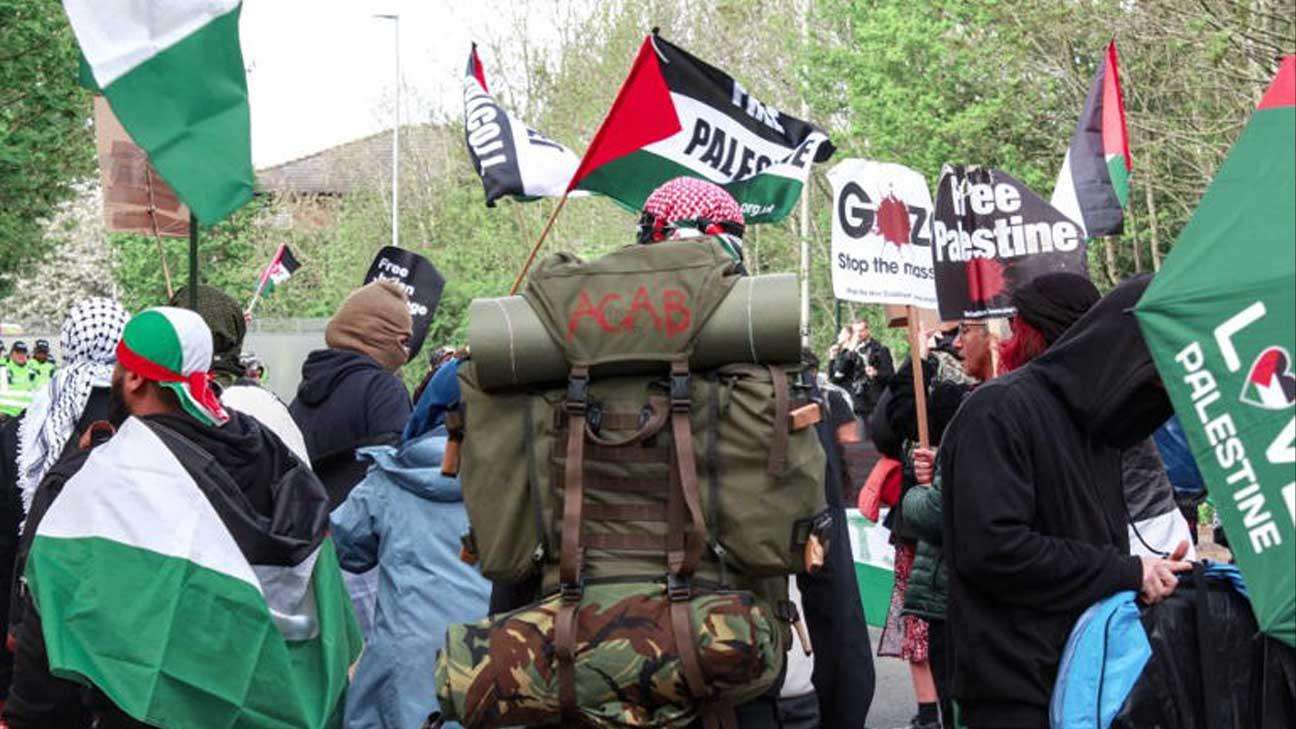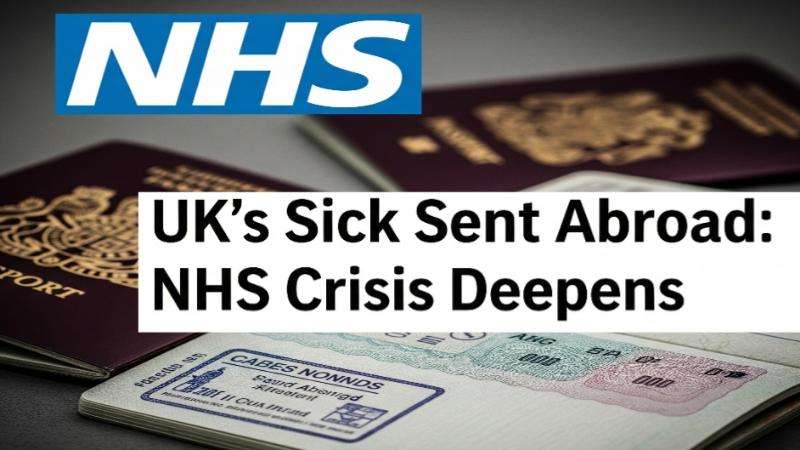The British government is reportedly on the verge of officially designating Palestine Action as a proscribed organization under the Terrorism Act 2000, a move that would effectively brand the activist group as a terrorist entity. This controversial decision, expected to be confirmed by Home Secretary Yvette Cooper, follows a recent high-profile action by the group at RAF Brize Norton, Britain's largest military airbase, where members reportedly damaged two military aircraft.
The planes at RAF Brize Norton are said to have been making daily flights to RAF Akrotiri in Cyprus, a known hub for UK surveillance missions and weapons transfers in support of Israel's ongoing assault on Gaza. Palestine Action described their intervention as an effort to disrupt "Britain's direct participation in the commission of genocide," marking the latest in their sustained campaign against arms manufacturers and the supply of British-made weapons to Israel. The group has previously claimed success in forcing the closure of an Elbit Systems factory in Oldham in 2022 after months of disruption.
Analysis: The Slippery Slope of Proscription
The proposed proscription of Palestine Action has ignited a heated debate about the boundaries of political dissent and the government's response to activism. If enacted, this designation would carry severe consequences, making it a criminal offence to belong to, support, fund, display symbols of, or even express public sympathy for Palestine Action. Such offences could lead to penalties of up to 14 years in prison.
Critics argue that this move is a significant escalation, targeting not merely unlawful behavior but the very act of political association itself. They contend that placing a non-violent group, which primarily engages in property damage to disrupt perceived complicity in international atrocities, in the same legal category as groups like ISIS or Al-Qaeda blurs the lines between civil disobedience and violent extremism.
Indeed, the effectiveness of Palestine Action's tactics in disrupting arms supply chains appears to be a key driver behind the government's response. The group's stated aim is to obstruct what they view as the UK's material support for actions that have been widely condemned internationally. This raises complex questions about the moral and legal justifications for such direct action, particularly when aimed at preventing what some consider to be crimes against humanity. It is noteworthy that even prominent legal figures, such as current Labour leader Sir Keir Starmer in his former role as a human rights lawyer, have previously defended individuals who engaged in similar acts of property damage at RAF bases, arguing such acts were lawful if aimed at preventing an "illegal war."
The government's apparent push for proscription is also being viewed in the context of overwhelming public opposition to Israel's actions in Gaza. Recent polls consistently show large majorities of Britons demanding a ceasefire and an end to arms exports. Faced with such public pressure and the growing threat of accountability, some observers suggest the government is resorting to repressive measures to stifle dissent.
This potential ban on Palestine Action, therefore, signals a broader concern about the erosion of political freedom in Britain. By classifying activism as terrorism, the government risks adopting tactics more commonly associated with authoritarian regimes, potentially undermining the fundamental democratic principle of the right to challenge power. The defence of Palestine Action, in this view, becomes synonymous with the defence of the very space for political dissent that is crucial for a healthy democracy.




_6.jpg)



.svg)


.jpg)